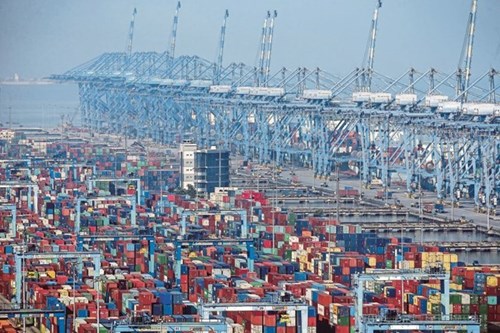The pact would only be ratified after the Government is very certain that it will benefit the nation, he said on November 28.
    |
 |
|
The CPTPP is important in the context of rising protectionism around the world. Photo: NST |
However, he expressed his belief that the CPTPP will enter into force at the end of this year as seven member countries, namely Australia, Canada, Japan, Mexico, New Zealand, Singapore and Vietnam, have already ratified it. Currently, it has not received ratification from Brunei, Chile, Peru and Malaysia.
Earlier, New Zealand Minister for Trade and Export Growth David Parker laid stress on the importance of CPTPP in the context of rising protectionism around the world.
According to a recent report of the United Nations Economic and Social Commission for Asia and the Pacific (UNESCAP), escalating protectionism has slowed down economic growth, especially in developing countries. Meanwhile, the World Bank estimated that if trade barriers are removed, the nations can increase its budget collection and help millions of people escape from poverty.
The CPTPP, which was previously called Trans-Pacific Partnership (TPP), is a free trade agreement among 11 countries. It is expected to bolster economic growth, generate more jobs, alleviate poverty, and improve living standards in the member states. The deal covers a market of about 490 million people and has a combined GDP of USD 10.1 trillion, 13.5 percent of the globe’s GDP, and average per capita income of more than USD 19,000 a year.
Source: VNA